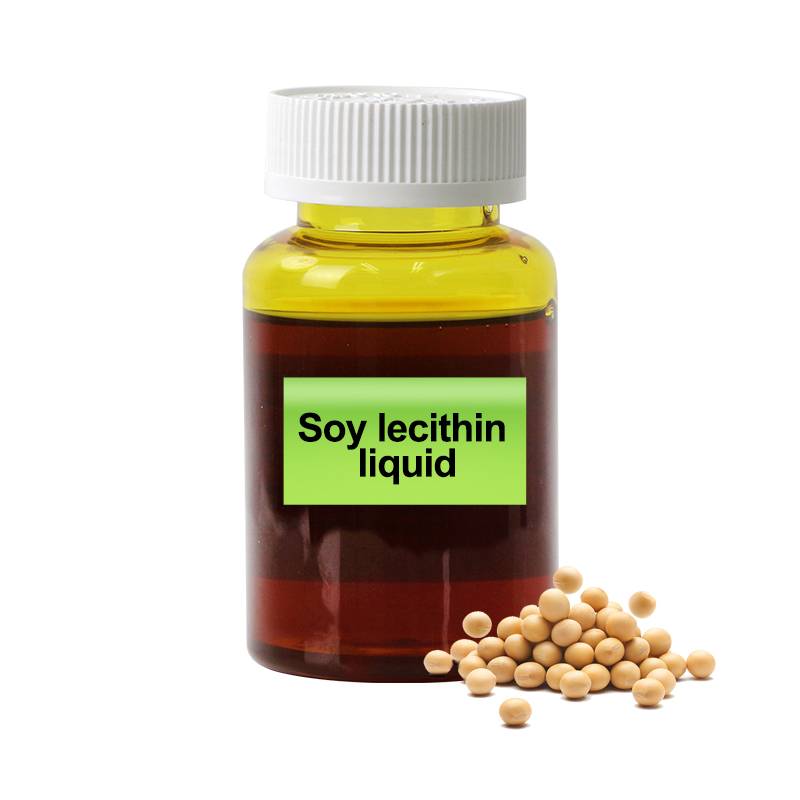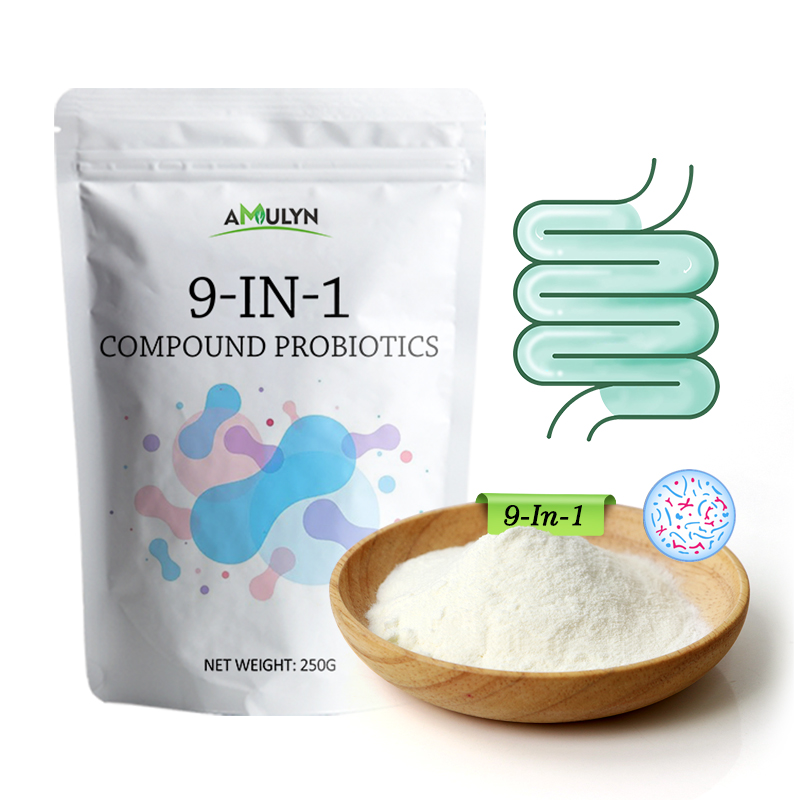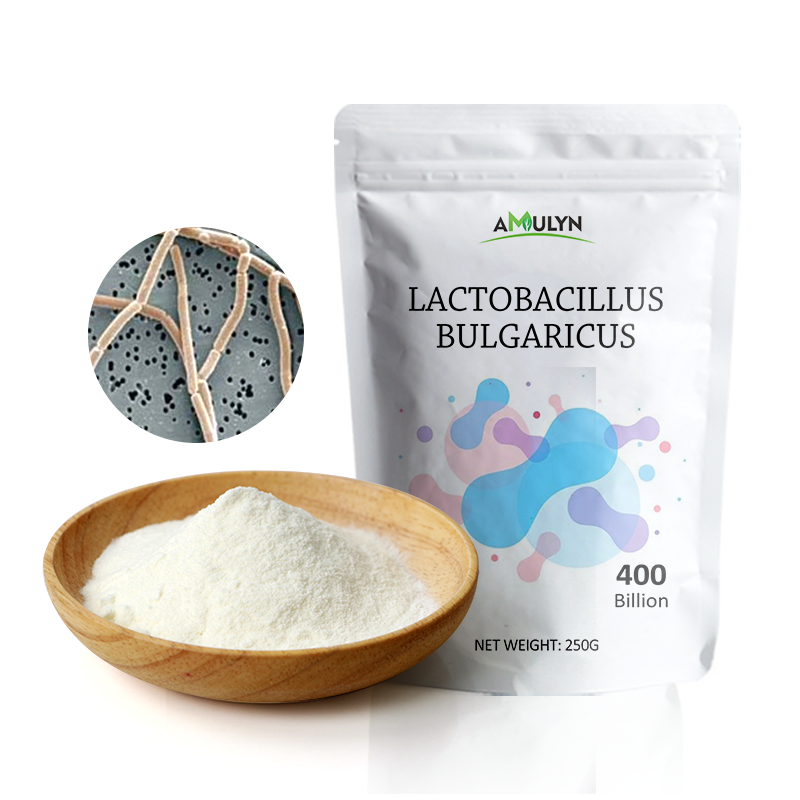- Products
- Matcha Oat powder Plant Protein Peptides Fruit Vegetable Powder
-
Koicha Ceremonial Grade Matcha Powder Organic Ceremonial Grade Matcha Powder Premium Beverage Grade Matcha Powder Everyday Culinary Grade Matcha Powder Organic Instant Pure Matcha
GMFO13A Oat Milk Powder GMFO12A Enzymolysis Oat Powder GMFO08 Hydrolyzed Oat Powder GMFO09 Oatmeal Powder
Pea Protein Rice Protein Pea Rice Protein Pea Peptide Soybean Peptide Hemp Seed Protein
Coconut Milk Powder Coconut Water Powder Strawberry Powder Mixed Fruit Powder
- Lecithin Series Mushroom Extract Probiotics Powder Propolis Extract Plant Extract
-
Soy Lecithin Powder Sunflower Lecithin Powder Soy Lecithin Granules Phosphatidylcholine Phosphatidylserine Soy Lecithin Liquid
Reishi Mushroom Powder Lion's Mane Mushroom Powder Cordyceps Sinensis Powder Chaga Mushroom Powder Shiitake Mushroom Powder Cordyceps Militaris Powder
Bifidobacterium Lactis Probiotics Powder lactobacillus plantarum Probiotics Powder 9-In-1 Compound Probiotics Powder lactobacillus Rhamnosus Probiotics Powder Lactobacillus Casei Probiotics Powder Bacillus Coagulans Probiotics Powder
Propolis Powder Propolis Block Propolis Liquid Royal jelly powder Bee pollen powder
Cistanche Tubulosa Extract Kava Extract Shilajit Extract Artichoke Extract Horse Chestnut Extract St John's Wort Extract
 Koicha Ceremonial Grade Matcha Powder
Koicha Ceremonial Grade Matcha Powder Organic Ceremonial Grade Matcha Powder
Organic Ceremonial Grade Matcha Powder Premium Beverage Grade Matcha Powder
Premium Beverage Grade Matcha Powder Everyday Culinary Grade Matcha Powder
Everyday Culinary Grade Matcha Powder Organic Instant Pure Matcha
Organic Instant Pure Matcha
 Soy Lecithin Powder
Soy Lecithin Powder Sunflower Lecithin Powder
Sunflower Lecithin Powder Soy Lecithin Granules
Soy Lecithin Granules Phosphatidylcholine
Phosphatidylcholine  Phosphatidylserine
Phosphatidylserine Soy Lecithin Liquid
Soy Lecithin Liquid
 Reishi Mushroom Powder
Reishi Mushroom Powder Lion's Mane Mushroom Powder
Lion's Mane Mushroom Powder Cordyceps Sinensis Powder
Cordyceps Sinensis Powder Chaga Mushroom Powder
Chaga Mushroom Powder Shiitake Mushroom Powder
Shiitake Mushroom Powder Cordyceps Militaris Powder
Cordyceps Militaris Powder
- Industries
- OEM/ODM
- Support




































































